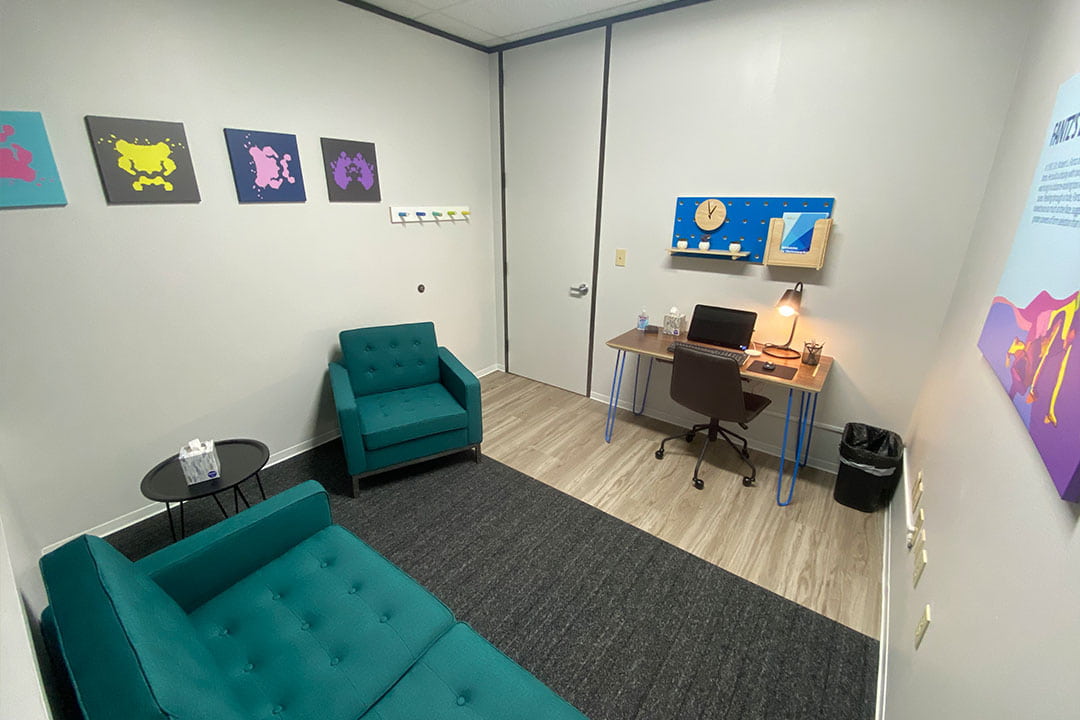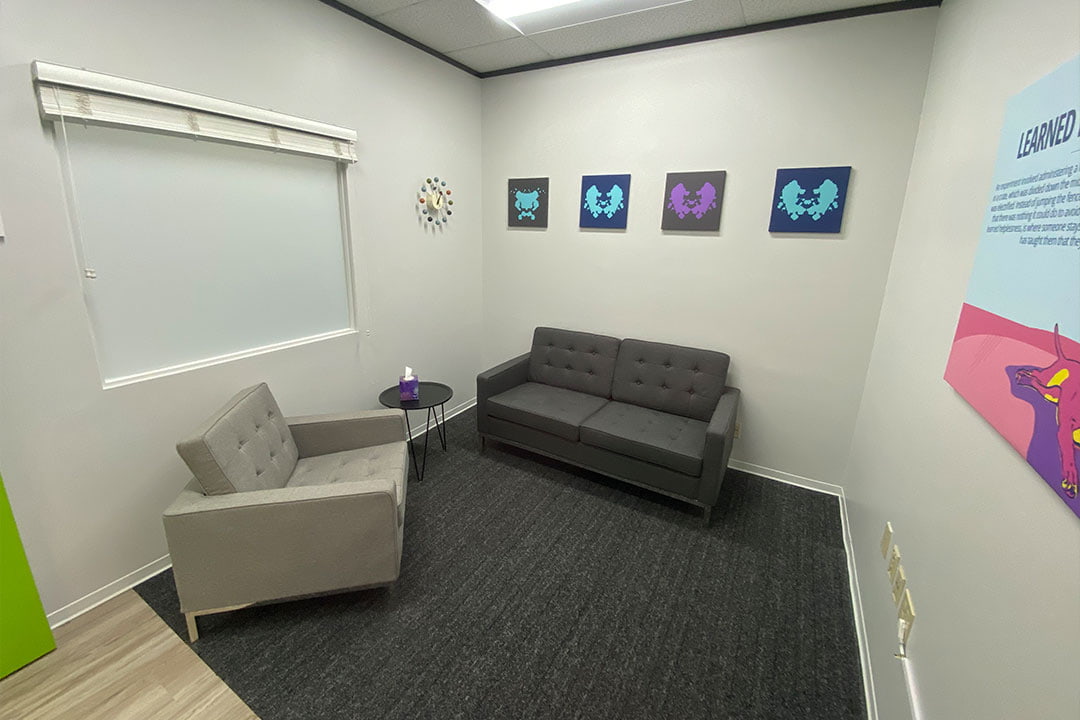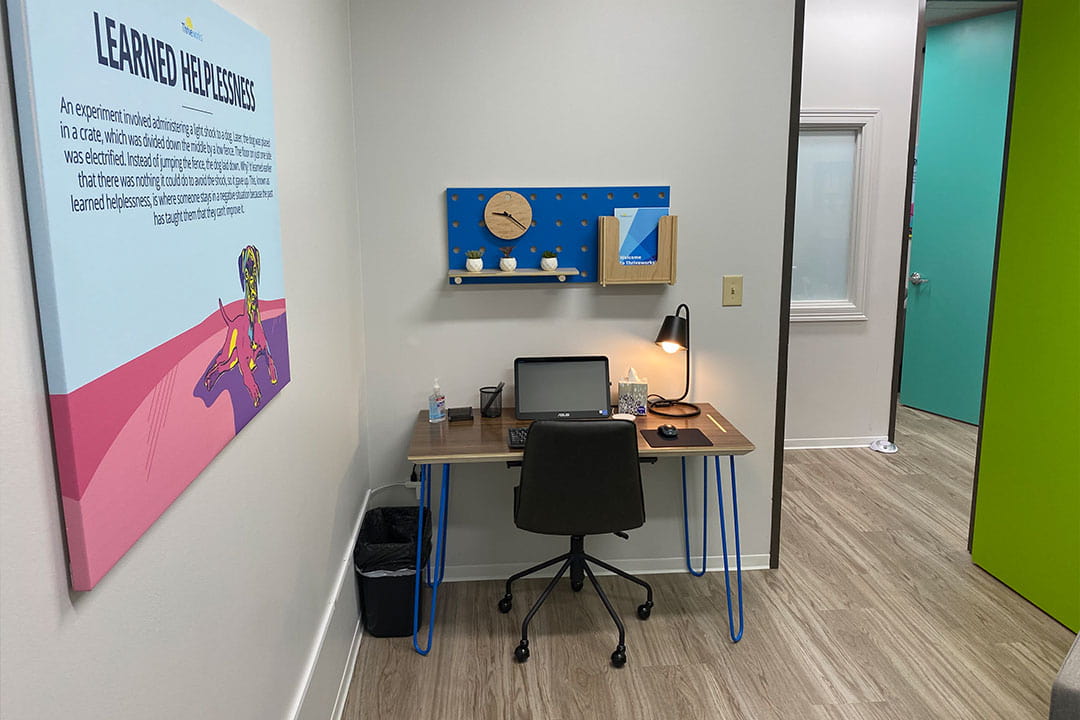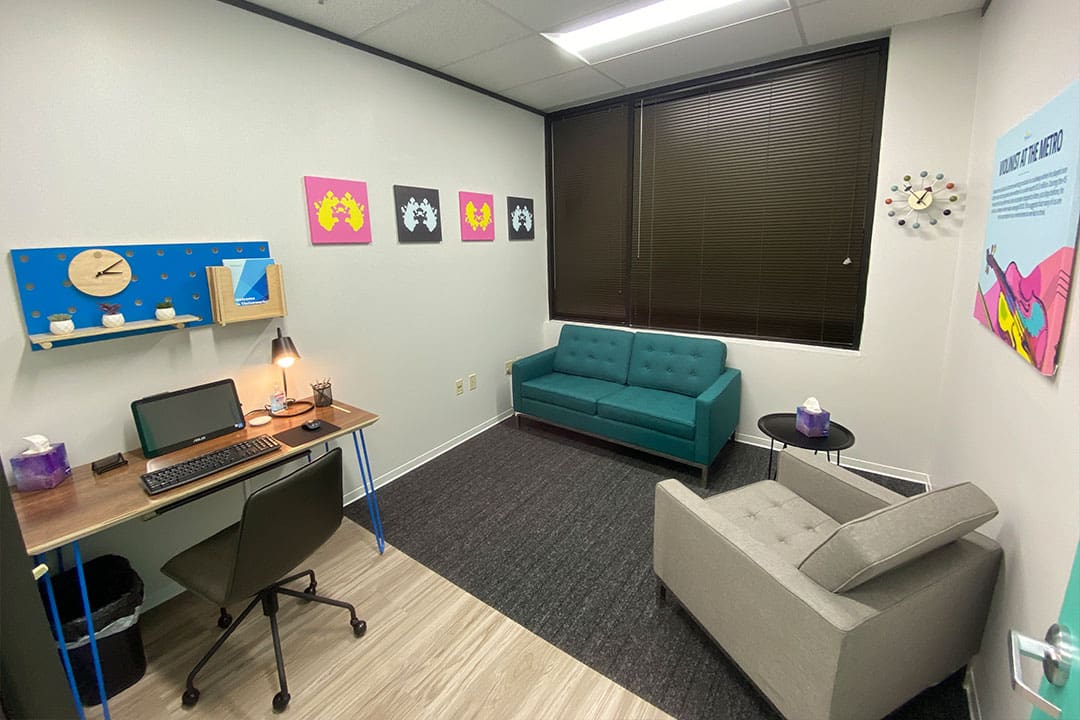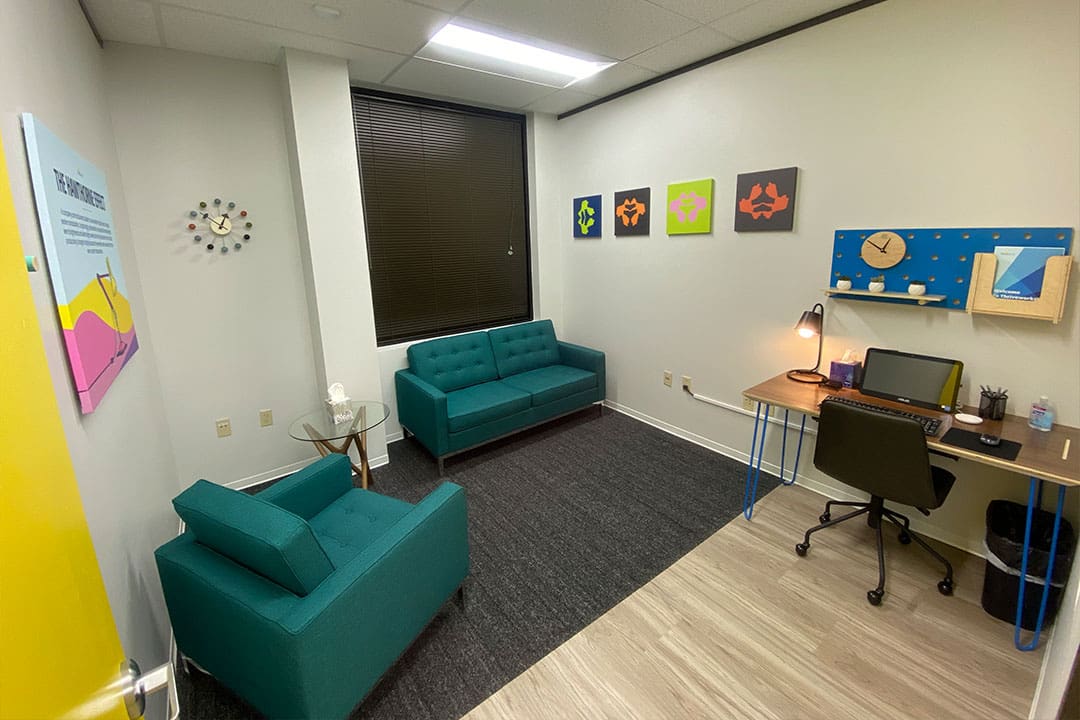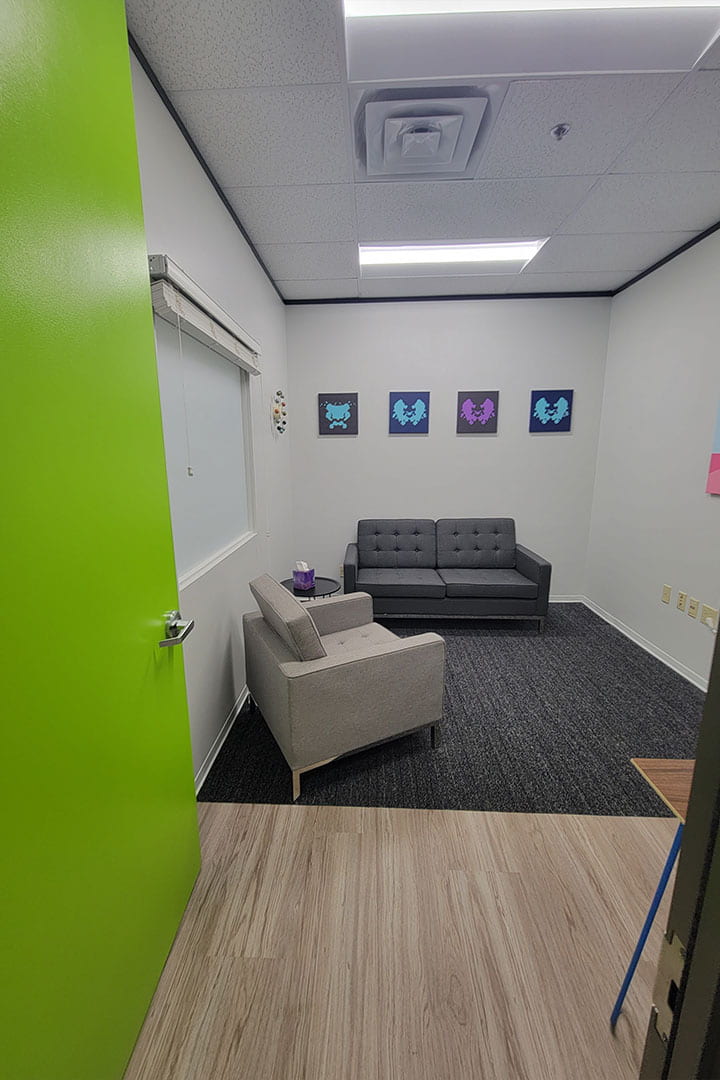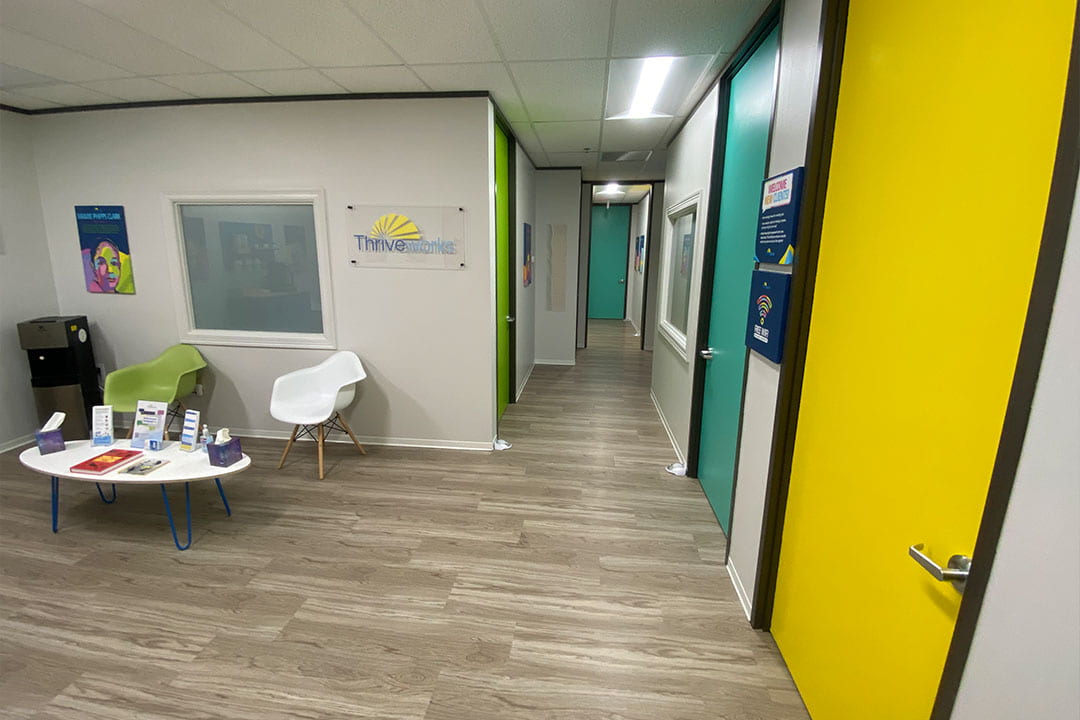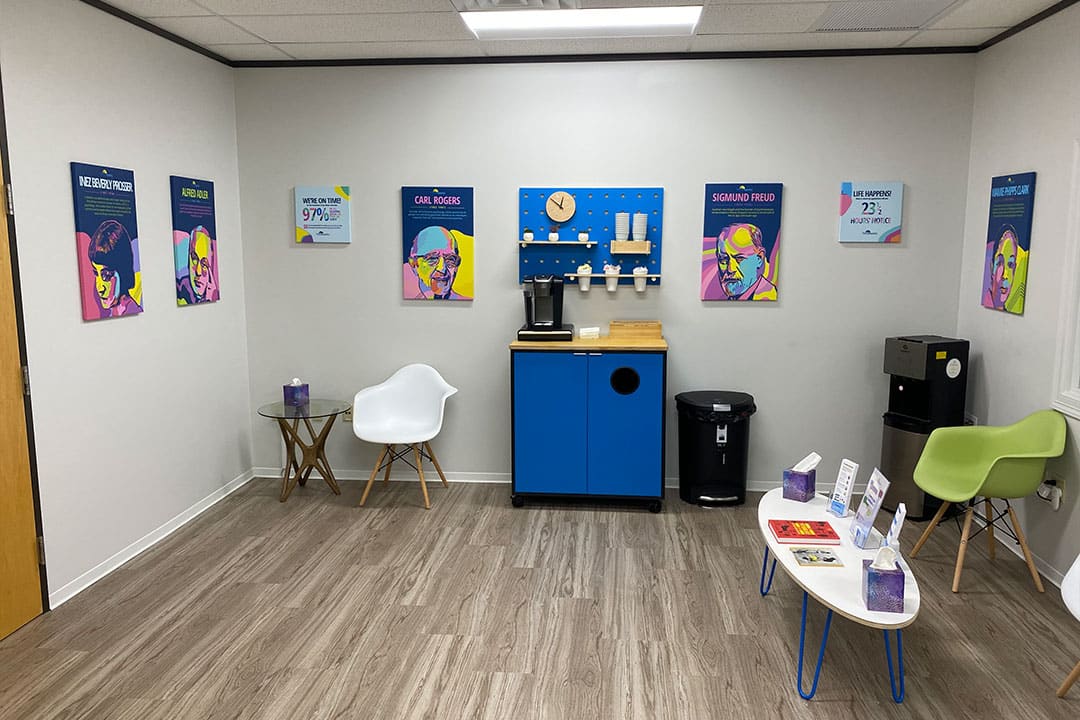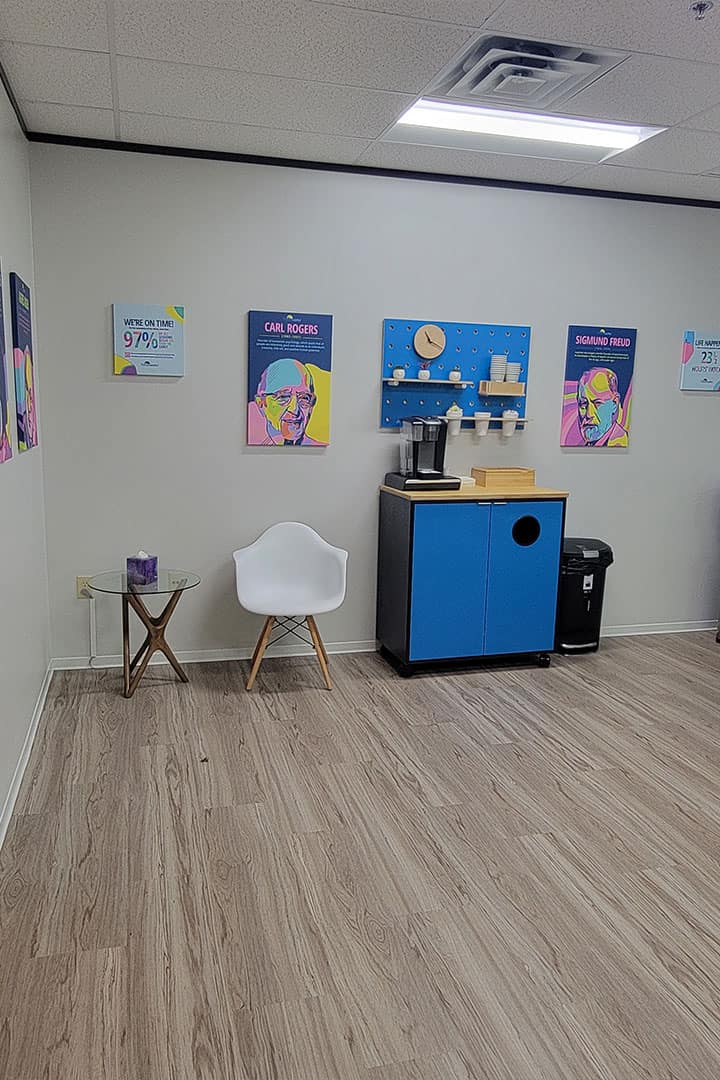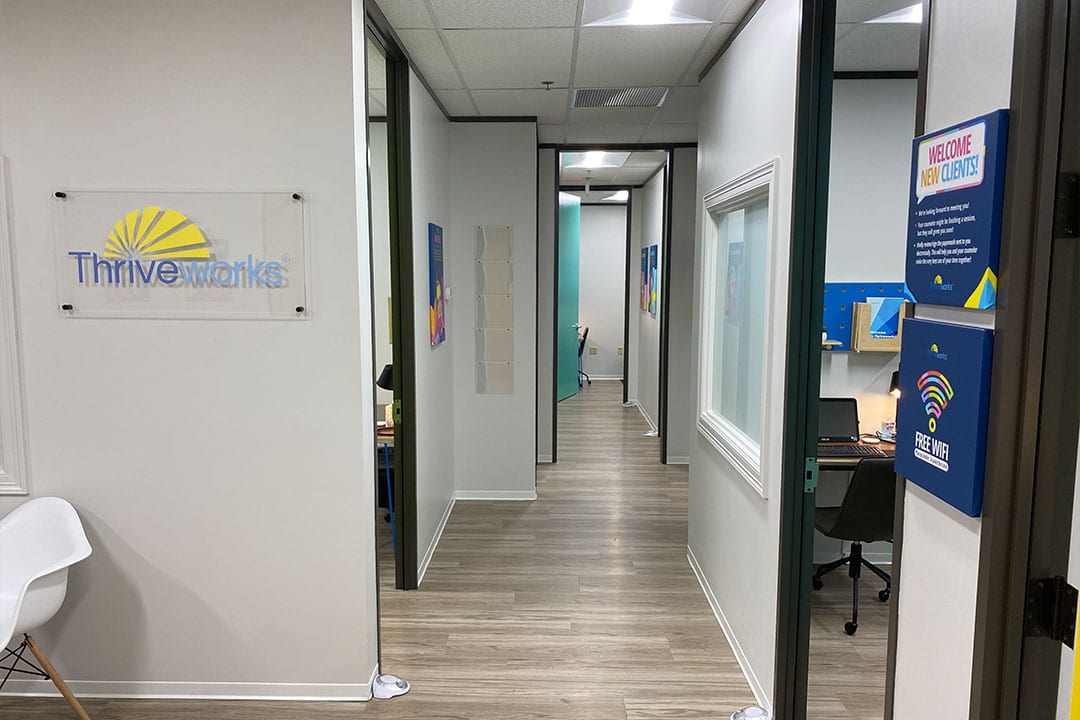Everything is coming at us so quickly these days. Emails. Voicemails. Twitter. Facebook. Texting. Everything you ever wanted to know—and everything you didn’t know you wanted to know—can be found on the internet. We take work home with us by responding to messages after hours, then spend our weekends in much the same way—shuttling our children around to various events and activities and catching up on house chores from the week.
It sometimes feels like we can’t slow down and get a minute to just breathe. In fact, many of us are walking around breathing so shallowly that we are fueling anxiety and panic as well as fatigue, headaches, and muscle tension.
I encourage all of you who are feeling overwhelmed and tense, who constantly feel like there’s not enough time to get everything finished, to take just five minutes to sit quietly, close your eyes, and breathe.
Just take five minutes. Five minutes. Breathe. No, probably not the way you usually breathe. Be aware of every breath you take. Focus on your abdomen and feel it move in and out. Take a little longer to exhale than inhale. Count your breaths if you’d like, but just breathe. You’ll be amazed at how much calmer you’ll feel.
How Breathing Can Impact Chronic Overwhelm
How do you feel after breathing deeply? Just a bit calmer, a bit more relaxed and able to handle the day? Erik Peper, a professor at San Francisco State University at The Institute for Holistic Health Studies and a pioneer in the field of biofeedback, calls breathing “the boundary between the conscious and the unconscious.” The way we breathe affects our physical and mental health. Just five minutes of conscious breathing can make a world of difference in how we perceive our challenges and how we perceive our ability to meet these challenges. Conscious breathing also gives us a little more space between us and the hustle and bustle around us. And that can be quite a relief!
Oh, yes…and it wouldn’t hurt to step away from technology for a day here and there, too.
Technology and Chronic Overwhelm
Technology isn’t the only factor in chronic overwhelm, but it is a significant contributor. Think of your phone for a moment. It pings and dings all day long, alerting you to text messages, emails, social media alerts, calendar appointments, and maybe even an actual phone call—or a dozen. Often, we feel we can’t ignore any of these alerts, because many of us use our phones for personal and professional use.
Unlike years past, we don’t leave our work email at work. The majority of Americans check that email at least a couple of times after-hours, which means we never really get a day off—and that’s without considering our various activities. Between professional commitments and our over-booked personal calendars, plenty of folks eat meals standing up, rush their kids through getting ready for bed, and have minimal downtime in the evenings or weekends to simply sit quietly and reconnect with each other.
To take things a step further, being separated from your phone causes anxiety in 70 percent of women and 60 percent of men (Archer). Constant contact with our phones has become so ubiquitous that it’s almost like having a friend in our back pocket all day—and losing that friend is cause for major panic. Speaking of contact with friends, it wasn’t that long ago that our work and personal lives were somewhat separate. Without cell phones, it was common to go an entire work day without speaking to your spouse or friends. Now, to go even a few hours is a rarity, at least for some.
Interestingly, those with “…high levels of technostress act much like addicts—they have to get their tech fix. When they are not plugged into technology or when the computing system crashes, they are irritable, angry, and their productivity suffers. But when they get plugged into all of those high-tech gadgets, people with high levels of technostress feel compelled and anxious to work faster and produce more” (Johnson). In other words, if you’ve got a problem with technology use, it’s a lose-lose situation. Without it, you’re like an addict going through withdrawal, and with it, you’re anxious.
If you’ve been feeling overwhelmed, some of the above probably sounds familiar. In fact, just reading about it may have caused a bit of stress. And that’s why it’s so important to seek counseling. Taking five minutes away from all the alerts and gadgets and constant connectivity to sit quietly, breathe deeply, and close your eyes is a great first step, but it’s important to seek counseling for chronic overwhelm. Thriveworks Austin counselors can help you develop strategies for interacting with technology and all of its demands in a healthier, calmer way. If it’s not constant connectivity that’s overwhelming you, but the pile of life demands you’re dealing with, Thriveworks Austin counseling can still help.
Thriveworks Austin Counseling for Chronic Overwhelm
Aside from technology, family commitments, including care-giving for children or the elderly, can cause significant anxiety, as can moving, switching jobs, getting married, challenging work projects, even buying a house.
If you are feeling overwhelmed, even if you don’t know why, and you have no idea how to make everything feel manageable again, please don’t hesitate to contact Thriveworks Austin. We don’t have a waiting list, so we can usually see you within 24 hours and would welcome the opportunity to help. You don’t have to live your life stressed and overwhelmed. Peace is possible.
Further Reading
Erik Peper. Biofeedbackhealth.org.
Ernest H. Johnson, PhD. “Is Technology Stress Overwhelming Your Life?” February 2015. Linkedin.com.
Dale Archer, MD. “Smartphone Addiction.” July 2013. Psychologytoday.com.








